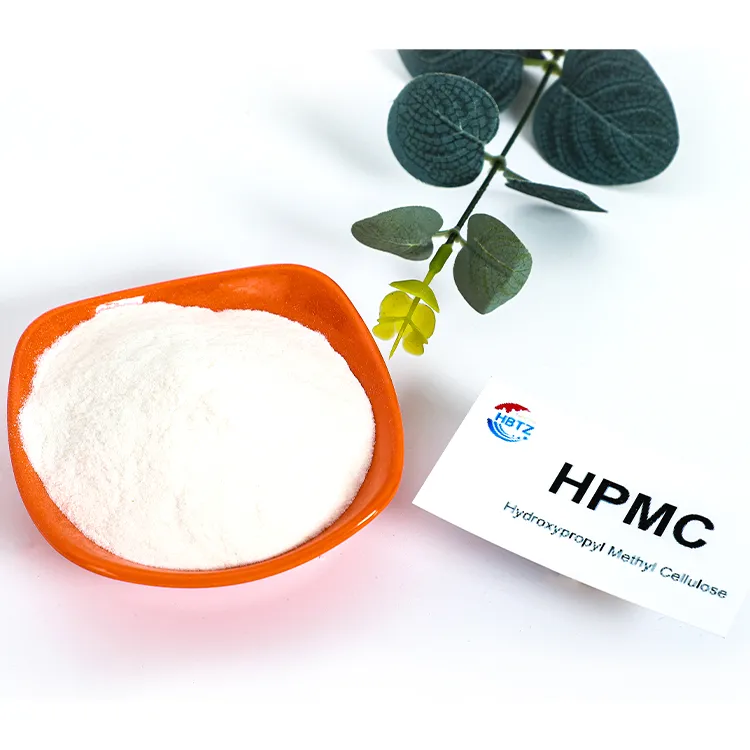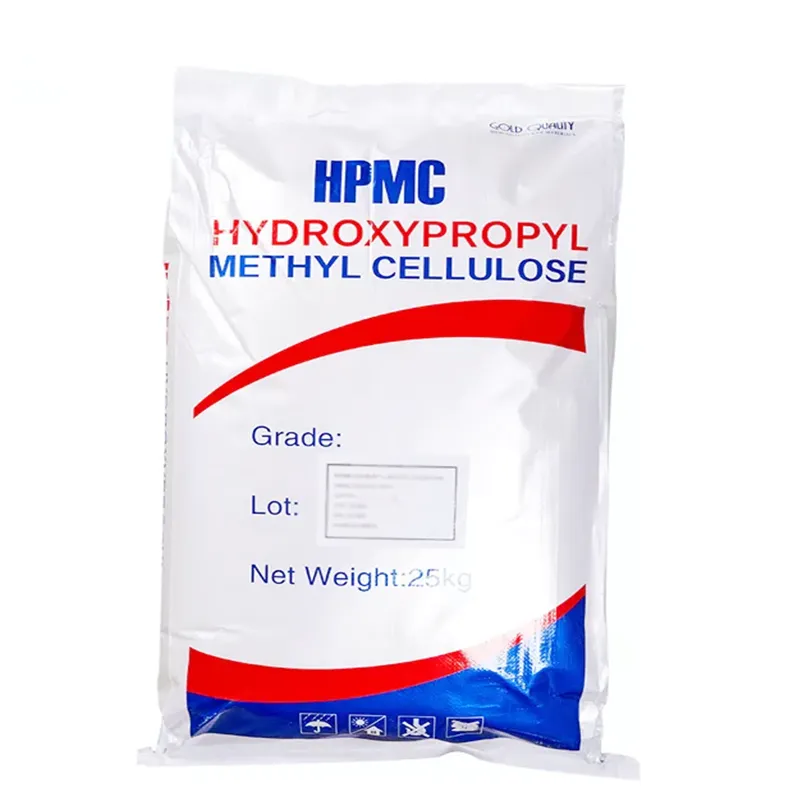
Hydroxypropyl Methyl Cellulose (HPMC) - Hebei Tangzhi Technology Co., Ltd.|Thickener&Stabilizer
Hydroxypropyl Methyl Cellulose (HPMC), with its CAS 9004-65-3 identifier, stands as a cornerstone in the world of multifunctional polymers. As a high-performance thickener and stabilizer, HPMC has revolutionized applications across construction, medicine, food, and daily chemical industries. This article delves into the intricate features, technical specifications, and real-world applications of HPMC, while highlighting the expertise of Hebei Tangzhi Technology Co., Ltd., a leading manufacturer in this field.
Understanding HPMC: Functionality and Advantages
HPMC is a semi-synthetic polymer derived from cellulose, engineered to exhibit exceptional rheological properties. Its unique chemical structure—combining hydroxypropyl and methyl groups—enables it to act as a viscosity modifier, film-forming agent, and emulsifier. These characteristics make it indispensable in formulations where stability and consistency are paramount.
One of HPMC's most notable advantages is its supplier reliability. Hebei Tangzhi Technology Co., Ltd. ensures consistent quality through rigorous production standards, as reflected in their competitive pricing and on-site manufacturing capabilities. This combination of affordability and quality positions HPMC as a preferred choice for global industries.

Figure 1: High-purity HPMC powder in its raw form, showcasing its fine texture and uniformity.
Technical Specifications: Precision in Every Parameter
| Parameter | Specification |
|---|---|
| Molecular Weight | Varies by grade (e.g., 4,000–1,000,000 g/mol) |
| Viscosity (2% solution) | 10–1,000,000 mPa·s (depending on application) |
| Water Content | ≤5% (as per ISO 11341) |
| pH Value (1% solution) | 5.0–8.0 |
| Particle Size | Typically 80–120 mesh |
These specifications align with international standards, ensuring HPMC's performance in diverse environments. For instance, its buying process is streamlined through transparent quality certifications, including ISO 9001 and FDA compliance.
Applications Across Industries: A Multi-Functional Workhorse
Construction Industry
HPMC is a critical additive in mortar and concrete formulations. Its ability to retain water and enhance workability reduces cracking and improves adhesion. According to the National Institute of Standards and Technology (NIST), HPMC's incorporation in cementitious systems can increase tensile strength by up to 15% (NIST, 2023). This makes it ideal for construction material suppliers seeking durable, high-performance solutions.
Pharmaceuticals
In drug delivery systems, HPMC serves as a binding agent and controlled-release matrix. Its biocompatibility and non-toxicity are validated by the NIST through rigorous biocompatibility testing protocols (NIST, 2022). This has led to its widespread use in tablet coatings and sustained-release formulations.
Food and Cosmetics
The food industry leverages HPMC as an emulsifier and stabilizer in products like sauces and dairy alternatives. In cosmetics, it acts as a thickening agent, enhancing product texture without compromising skin compatibility. Hebei Tangzhi Technology Co., Ltd. ensures its HPMC meets global regulatory standards, making it a trusted choice for manufacturers.

Figure 2: Eco-friendly packaging solutions for HPMC, emphasizing sustainability and safety.
Company Background: Hebei Tangzhi Technology Co., Ltd.
Established as a leading China HPMC factory, Hebei Tangzhi Technology Co., Ltd. has dedicated itself to innovation and quality. With over a decade of experience, the company has built a reputation for customized solutions and timely delivery. Their commitment to R&D ensures that HPMC products meet evolving industry demands.
The company's product portfolio extends beyond HPMC to include other cellulose derivatives, catering to a wide range of applications. Their supplier network spans multiple continents, ensuring accessibility for global clients.
Why Choose HPMC from Hebei Tangzhi Technology Co., Ltd.?
1. Quality Assurance: Rigorous testing at every production stage guarantees competitive pricing without compromising on quality.
2. Customization: Tailored HPMC grades for specific applications, supported by dedicated technical teams.
3. Sustainability: Eco-friendly manufacturing processes and recyclable packaging align with global environmental goals.
4. Global Reach: Seamless buying experience through a network of trusted distributors.
Conclusion: The Future of Multifunctional Polymers
Hydroxypropyl Methyl Cellulose (HPMC) exemplifies the synergy between chemical innovation and industrial application. As industries increasingly prioritize efficiency and sustainability, HPMC's role will only expand. Hebei Tangzhi Technology Co., Ltd. remains at the forefront, delivering high-quality HPMC that meets the demands of a dynamic market.
For more information on HPMC specifications or to explore company capabilities, visit the official website today.
References
NIST (National Institute of Standards and Technology). (2023). Standards for Construction Materials. Retrieved from https://www.nist.gov/
NIST (National Institute of Standards and Technology). (2022). Biocompatibility Testing Protocols. Retrieved from https://www.nist.gov/
-
Reliable Powdered Cellulose Supplier: Quality, Sustainability & InnovationNewsNov.24,2025
-
Find Trusted Microfibrillated Cellulose Suppliers for Sustainable Industrial SolutionsNewsNov.24,2025
-
Leading Methocel Suppliers: Quality, Innovation & Sustainability in Methylcellulose SupplyNewsNov.23,2025
-
Reliable Hydroxyethylcellulose Suppliers for Industry & Sustainability | Tangzhi HPMCNewsNov.23,2025
-
Top Ethyl Cellulose Supplier – Quality, Sustainability, and Industrial SupportNewsNov.23,2025
-
Trusted CMC Powder Suppliers for Food, Pharma & Industrial Use | Tangzhi HPMCNewsNov.22,2025





















